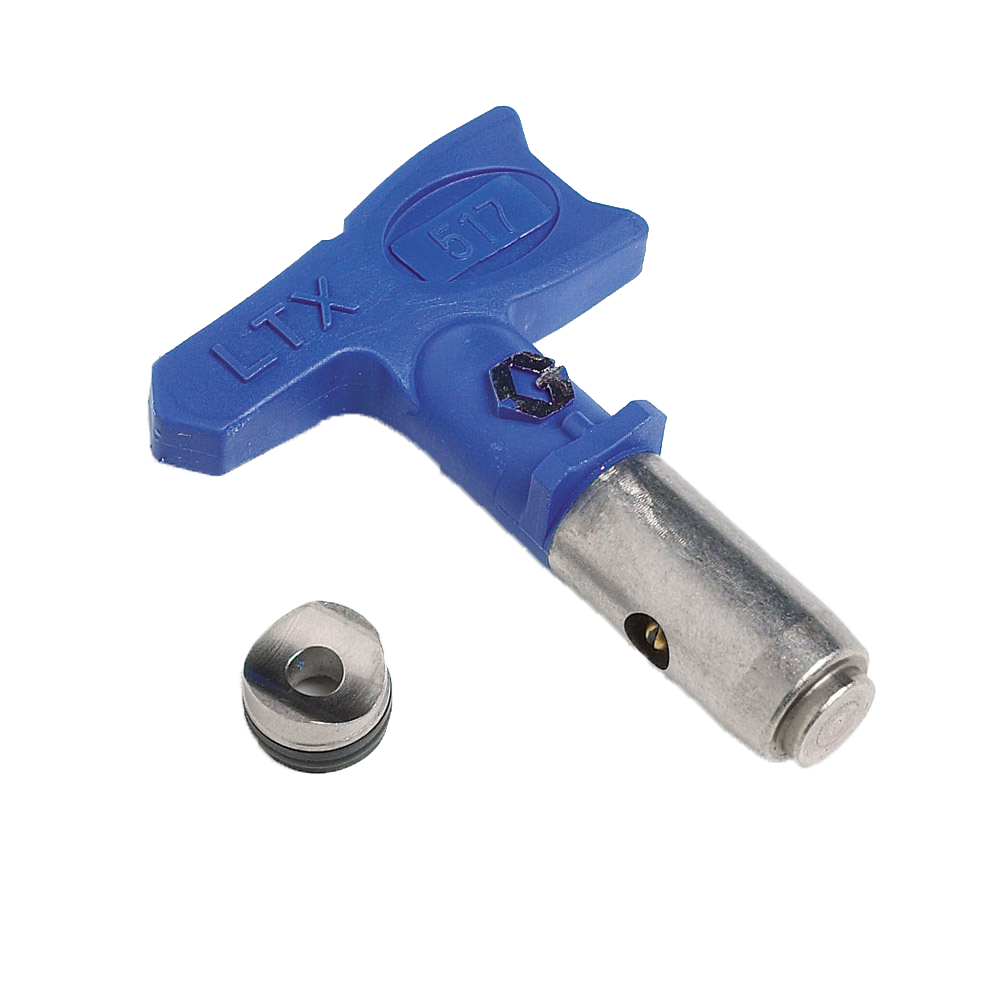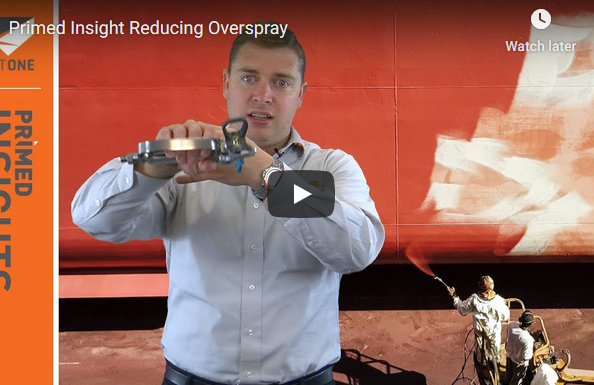Uneven spray patterns can seriously affect your coating quality and overall productivity on a job site. Identifying and addressing the factors contributing to these issues is essential to maintaining efficiency. Below, we explore the common causes of uneven spray patterns and how to prevent them from hindering your performance.
Contributing Factors to Uneven Spray Patterns
Several factors can lead to uneven spray patterns when using an airless sprayer. If you notice issues, consider the following potential culprits:
- Incorrect Tip Selection: Choosing the wrong tip size or type can cause poor atomization and uneven spray. Always select the appropriate spray tip based on the material and desired finish. Read more about spray tips.
- Inadequate Pressure: Insufficient pressure can lead to incomplete atomization, resulting in a streaky or uneven spray pattern. Make sure your spray pump is providing the necessary pressure for the job.
- Airless Pump Issues: If your airless pump is sucking in air, it can disrupt the spray pattern. Check for air leaks in the suction line or ensure that the pump is fully primed.
- Blocked Filter Mesh: A clogged filter can restrict fluid flow, leading to an inconsistent spray pattern. Regularly clean or replace filters to maintain optimal performance.
- Small Spray Hose ID: The internal diameter (ID) of your spray hose can impact flow rates and pressure. Using a hose with an ID that is too small can restrict fluid movement and create an uneven pattern.
- Multiple Spray Lines Attached: Attaching too many spray lines to a single pump can reduce pressure and affect the spray pattern. Ensure your setup is balanced for the number of lines in use.
- Material Viscosity and Thickness: Thick or highly viscous materials may require higher pressure or a different tip size to spray evenly. Always consider the material properties before starting the application.
Best Practices for Consistent Spray Patterns
To prevent uneven spray patterns, keep the following best practices in mind:
- Consider Viscosity and Volume Solids: The viscosity of the material and the volume solids content directly influence the spray pattern and atomization. These factors also determine the appropriate pump size and spray tip.
- Consult Product Data Sheets: Always refer to the product data sheets for guidance on the correct spray application and tip sizing. However, remember that these sheets are only guides—experience and real-time adjustments are key.
- Regular Maintenance: Consistently check and maintain your equipment, including cleaning filters, inspecting hoses for damage, and ensuring all connections are secure.
By following these guidelines and regularly assessing your spray patterns, you can maintain a high-quality finish and prevent issues from impacting your performance. Stay proactive, and don’t let an uneven spray pattern slow you down.
 My Account
My Account





